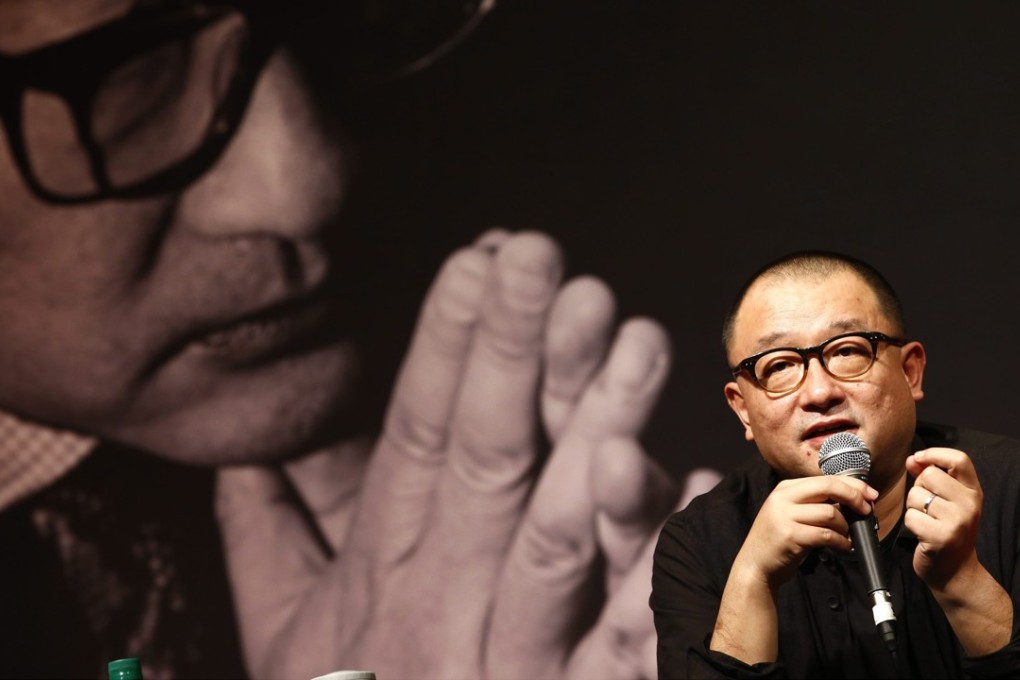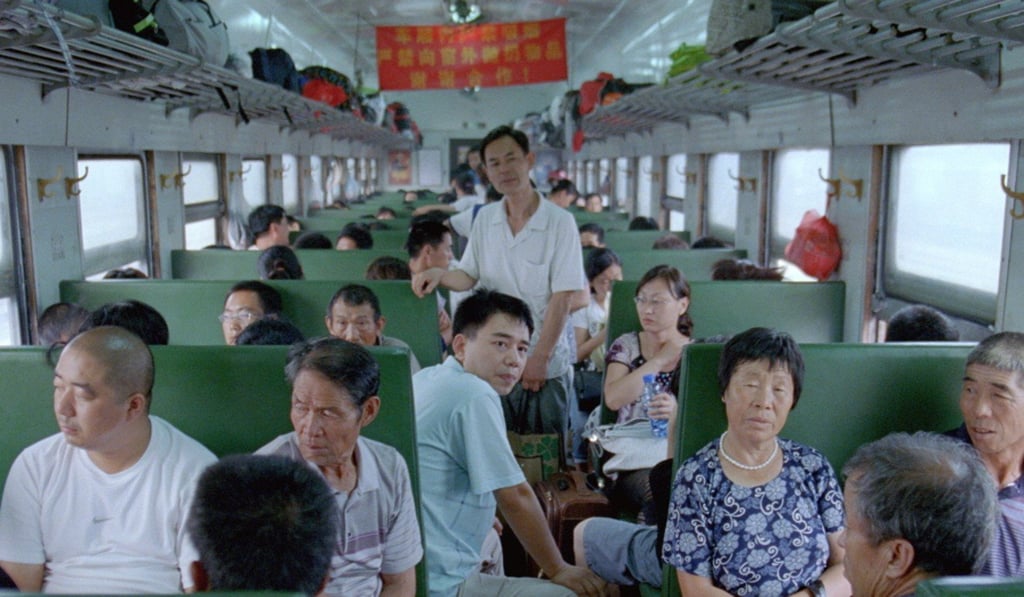The Projector | China’s changing landscape star of documentary shown at Busan International Film Festival
Chinese Portrait, a film by director Wang Xiaoshuai, is an amalgamation of short clips shot over the past decade showing the country’s physical and sociological evolution

True to form, this year’s Busan International Film Festival, in South Korea, which ended yesterday, once again played host to new Chinese-produced movies of various styles and stripes.
On the one hand, there was mainstream fare in the shape Xu Zheng’s Dying to Survive and Huang Bo’s The Island, summer comedies that grossed 3.1 billion yuan (US$448 million) and 1.4 billion yuan, respectively.
Also showing were auteur-driven works such as Jia Zhangke’s Ash is Purest White, which made its bow at the Cannes Film Festival in May, and Pema Tseden’s Jinpa – a drama set in Tibet and produced by Hong Kong filmmaker Wong Kar-wai that premiered at the Venice Film Festival last month. Ying Liang’s semi-autobiographical A Family Tour, a competition entry at Switzerland’s Locarno Festival in August, also featured.
There were several movies from lesser-known filmmakers, too. Cui Siwei, director Ning Hao’s long-time screenwriting partner who also happens to be the screenwriter for The Island, presented Savage, his second feature as a director. An action-thriller, the film stars A-listers Chang Chen, Liao Fan and Ni Ni. On the low-budget end was 22-year-old Zhu Xin’s debut, Vanishing Days, and Zhang Wei’s The Rib, which is bound to make headlines with its story about a teenager’s attempt to get a sex-change operation. And finally there was producer Song Wen’s directorial debut, The Enigma of Arrival, a youth drama starring television star Li Qian and produced by veteran filmmaker Xie Fei.

